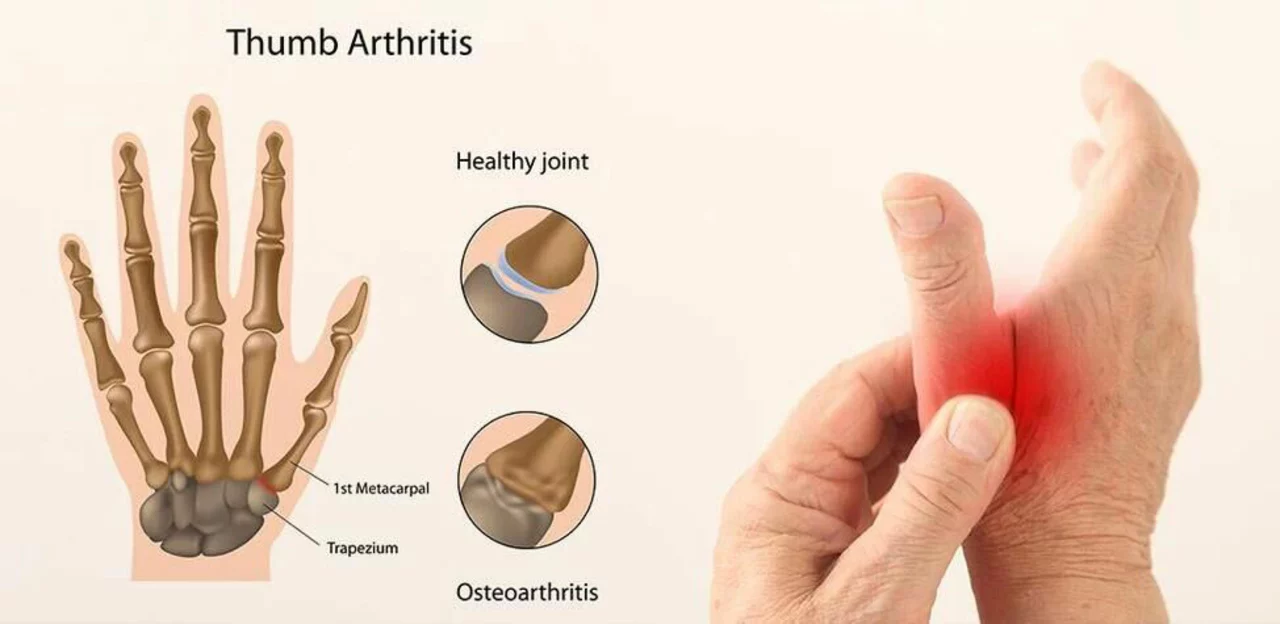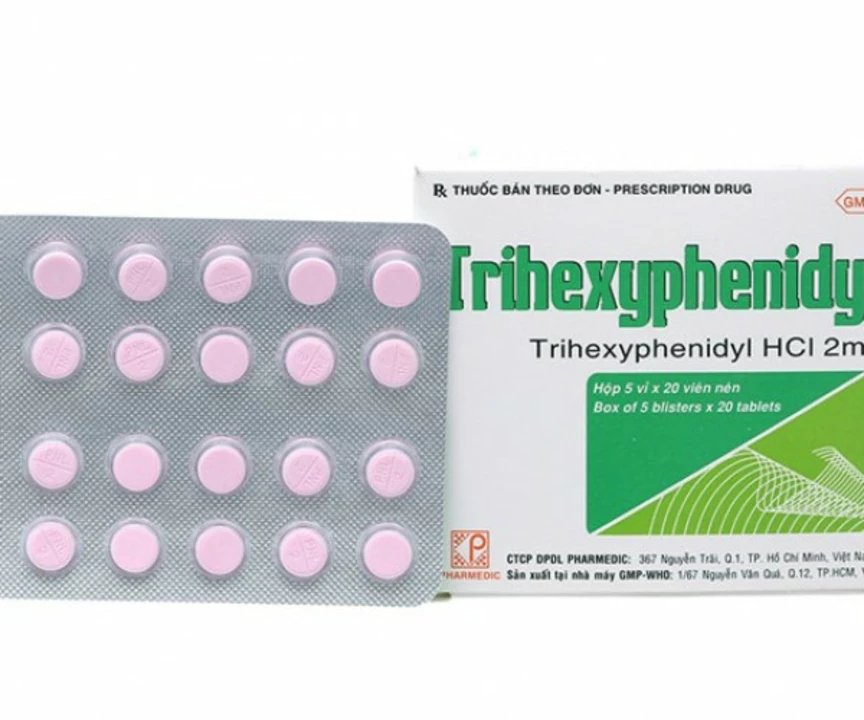Travel Health: Smart Steps to Keep Your Meds and Body Safe Abroad
Travel is fun until you miss a dose or lose a prescription. A little planning makes trips smoother and keeps health problems from ruining your plans. Below are practical, no-nonsense tips to manage medicines, vaccines, and prescriptions when you travel.
Before You Go
Check your prescriptions now. Make sure you have enough for the whole trip plus a few extra days in case flights change. Ask your doctor for a signed note that lists each medicine, the dose, and the medical reason. That note helps at security and if you need care abroad.
Confirm legal rules at your destination. Some countries restrict common meds like opioids, ADHD drugs, or even certain cold medicines. Search the country’s embassy website or ask your travel clinic so you don’t get stopped at the border.
Pack medicines in original bottles and keep them in your carry-on. If your checked bag is delayed or lost, you won’t be stuck. For temperature-sensitive drugs (like insulin), bring an insulated pouch and ask your airline about cabin storage rules. Split supplies: keep a small weekly pill organizer in your day pack and the rest in the main carry-on to avoid total loss if one bag is misplaced.
Vaccines, Preventive Drugs and Quick Checks
Visit a travel clinic 4–8 weeks before travel for vaccine advice and prescriptions for preventive meds (malaria pills, antibiotics for traveler's diarrhea). Vaccines may need multiple doses or time to become effective, so early planning matters. Bring a digital and paper copy of your vaccination record—some countries require proof on arrival.
Know local health risks. If you’re hiking, swimming in freshwater, or visiting rural areas, the risks change and so do the needed precautions. Ask a clinician about insect bite prevention, safe food and water practices, and when to seek medical care.
On the Road & Safe Online Pharmacies
If you run out of meds, use licensed pharmacies or reputable online pharmacies only. Check pharmacy credentials, read reviews, and confirm prescriptions are required. Avoid offers that sound too cheap—counterfeit drugs are common in some regions. If buying online while abroad, use secure payment methods and track the order.
Keep digital copies of prescriptions, your doctor’s contact, and insurance info. Many travel insurers and international clinics will accept emailed records. If you need new meds abroad, ask a local pharmacist for generic names to match what your doctor prescribed—brand names vary by country.
Final quick checklist: extra meds, doctor’s letter, vaccines, carry-on storage, travel clinic visit, and verified pharmacies. Follow these steps and you’ll spend less time worrying and more time enjoying your trip.

Osteoarthritis and Travel: Tips for Managing Symptoms on the Go
As a frequent traveler, I've learned a few essential tips for managing my osteoarthritis symptoms while on the go. First, I always make sure to pack comfortable shoes and clothing to help reduce any joint pain. It's also crucial to plan breaks and rest periods throughout my journeys to give my joints some downtime. Additionally, I find that staying hydrated and maintaining a healthy diet can work wonders in alleviating discomfort. Lastly, I never leave home without my medications and a portable heating pad or ice pack for quick relief when needed.

Trihexyphenidyl and Travel: Tips for Managing Symptoms on the Go
Traveling can be quite challenging for individuals taking Trihexyphenidyl, especially when it comes to managing symptoms on the go. First off, it's essential to have a pill organizer to ensure you're taking the medication on time and not missing any doses. Secondly, keeping a journal to track your symptoms and medication intake can help you identify any patterns or triggers. It's also vital to stay hydrated and maintain a healthy diet while traveling, as this can help alleviate some side effects. Lastly, don't hesitate to inform your travel companions about your condition, so they can provide support if needed.
-
14.05.23 -
Alistair Mukondiwa -
13
- Drug Information (69)
- Health and Wellness (59)
- Pharmacy Information (23)
- Medical Conditions (22)
- Supplements (4)
- Diabetes (4)
- Travel Health (3)
- Mental Health (3)
- Heart Health (2)
- Parenting (2)
-
Dental Prophylaxis for Children: Establishing Good Oral Hygiene Habits Early
27 Jun 2023 -
OTC Heartburn Medications: Antacids, H2 Blockers, and PPIs Explained
18 Dec 2025 -
The Role of Genetics in Gouty Arthritis: Are You at Risk?
2 Jun 2023 -
Clavulanic Acid: Addressing the Challenges of Antibiotic Resistance
5 May 2023 -
Nilotinib Drug Interactions: What You Need to Know
9 May 2023

21.05.23
Alistair Mukondiwa
8